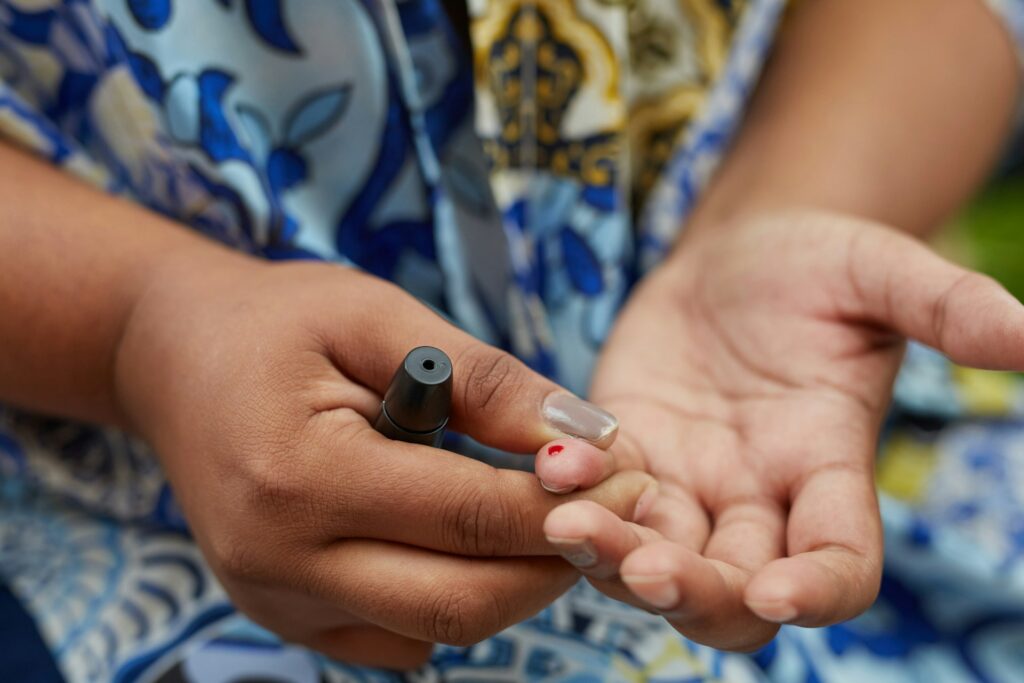5 Benefits Of Weight Lifting For People With Diabetes
Living with diabetes requires a proactive approach to managing the condition and promoting overall health. While diet and medication play crucial roles, incorporating regular exercise into your routine can make a significant difference. Among various exercise options, weight lifting stands out as a powerful choice for individuals dealing with diabetes. In this article, we will delve into the 5 compelling benefits of weight lifting for people with diabetes, shedding light on its potential to enhance well-being and manage the condition more effectively.
Improved Insulin Sensitivity
Insulin sensitivity is a key factor in diabetes management. Weight lifting has been shown to improve insulin sensitivity, meaning your body becomes more efficient at utilizing the insulin it produces or receives. This is particularly beneficial for individuals with type 2 diabetes, where insulin resistance is a usual problem. Engaging in regular weight lifting sessions can help lower blood sugar levels and reduce the reliance on external insulin sources.
Enhanced Glucose Control
Stable blood glucose levels are a cornerstone of diabetes management. Weight lifting plays a vital role in regulating glucose levels by increasing glucose uptake by muscle cells. When you lift weights, your muscles require energy, and this energy is sourced from glucose present in the bloodstream. So, the muscles use up the glucose in the blood stream. This reduces blood sugar levels. As a result, engaging in weight lifting on a consistent basis can lead to better glucose control, reducing the risk of dangerous spikes or crashes.
Increased Lean Muscle Mass
Building lean muscle mass through weight lifting offers more than just a sculpted physique. Muscle tissue acts as a reservoir for glucose. The more lean muscle mass you have, the more glucose your body can store and utilize effectively. For people with diabetes, this can translate to improved glycemic control and reduced reliance on external insulin. Additionally, a higher muscle mass contributes to an elevated basal metabolic rate, aiding in weight management—a common concern for many individuals with diabetes.
Weight Management and Metabolism Boost
Maintaining a healthy weight is often a priority for people with diabetes, as excess weight can exacerbate the condition. Weight lifting is a potent tool for weight management due to its ability to boost metabolism. After a weight lifting session, your body continues to burn calories as it repairs and builds muscle tissue. This post-workout calorie burn contributes to weight loss and weight maintenance efforts, providing valuable support for diabetes management.
Cardiovascular Health Enhancement
Diabetes is known to elevate the risk of heart diseases. Weight lifting contributes to cardiovascular health in several ways. First, it helps in reducing body fat, a factor linked to heart problems. Second, weight lifting promotes healthy blood pressure levels. Third, it enhances overall circulation, ensuring that vital nutrients are effectively delivered to cells throughout the body, which is especially important for individuals with diabetes, as they are prone to circulatory problems.
Start Your Weight Lifting Journey Today
Incorporating weight lifting into your diabetes management plan can yield remarkable benefits, from improved insulin sensitivity and glucose control to enhanced cardiovascular health. Remember, consistency is key. Start with a manageable routine and gradually increase the intensity and weight as your strength improves. To ensure safety and maximize the benefits, consider working with a fitness professional who has experience in working with individuals with diabetes.
Embarking on a weight lifting journey can be a transformative step towards better diabetes management and overall well-being. If you’re ready to take that step, we are here to support you with personalized training plans tailored to your needs and goals. Start today and experience the positive impact of weight lifting on your diabetes journey.
Insert a call to action here



